Nottingham Prison death: Staffing levels 'inadequate'
- Published
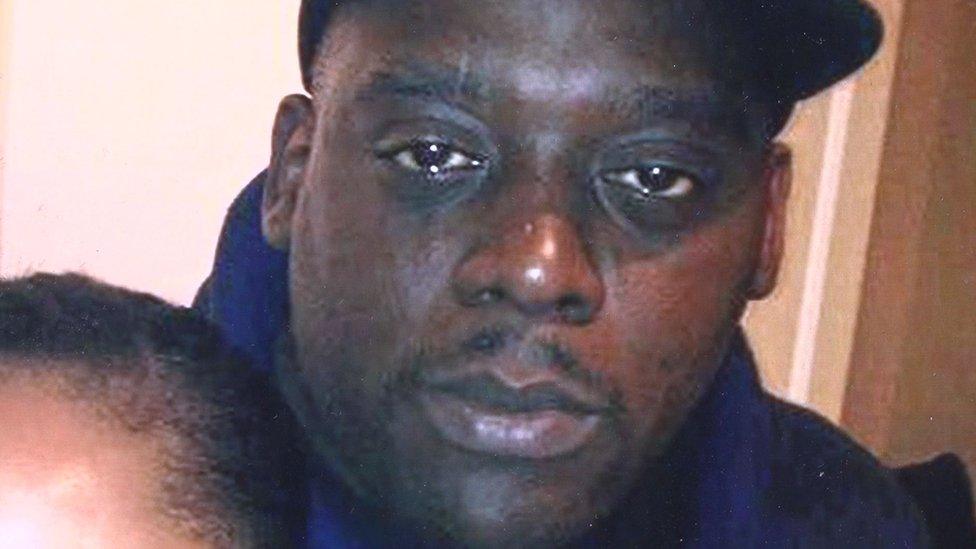
Anthony Solomon was seen by his cell mate smoking mamba before his death, the jury heard
Staffing levels were inadequate on a prison wing where an inmate died from smoking mamba, a jury has ruled.
Anthony Solomon, 38, was found unconscious on the floor of his cell at Nottingham Prison in September 2017.
He died from the toxic effects of synthetic cannabinoids which were "readily available" at the jail, an inquest heard.
Delivering a narrative verdict the jury said he was denied medical attention due to a delay in answering his bell.
Solomon, from Bulwell, Nottingham, was seen smoking mamba by his cell mate before he began vomiting, Nottingham Coroner's Court was told.
His cell bell was activated at 13:11 BST but staff did not arrive until 13:51.
Mr Solomon's former partner Leanne Blakey said: "It's ridiculous, it's a joke. Five minutes is the difference between life and death and 40 minutes, well he didn't have a chance."
Officers had been told to answer calls from inmates, which could be up to as many as 300 times a day, within five minutes, the inquest heard.
The jury said Soloman had taken "an unknown quantity of a synthetic cannabinoid" and only one officer was on the wing to perform a "number of essential duties" during a lockdown on the day.
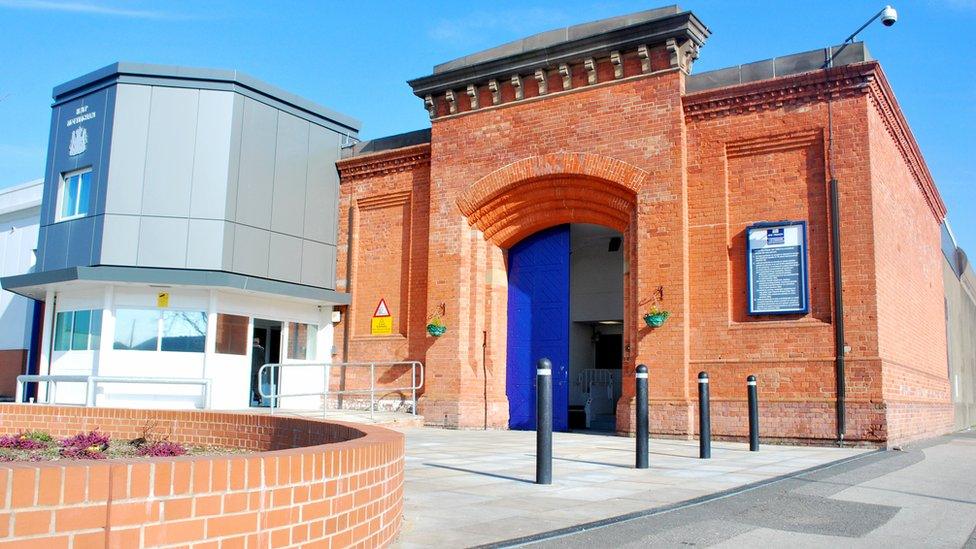
HMP Nottingham has been criticised in recent years for being "dangerous"
While there was a culture of "cell bell abuse" among prisoners, the response to the alarm should have been "more prompt", it added.
Although it said "appropriate care" was delivered on arrival, the jury concluded the delay "denied Anthony the opportunity to receive the timely medical attention he deserved".
It was "inconclusive" as to whether this would have saved his life, it added.
Nick Armstrong, who represented Mr Solomon's family, said: "What was particularly striking was you had staff - who were already stretched given the staffing levels - were themselves under the influence of drugs, including in one officer's case to the extent that he needed to be hospitalised."
Assistant coroner Tanyka Rawden said the prison's longest wait time for a response was now 20 minutes, with an average of between 0-10 minutes.
Staffing levels have also increased and body scanning equipment are helping to combat drugs problem, the inquest was told.

Follow BBC East Midlands on Facebook, external, Twitter, external, or Instagram, external. Send your story ideas to eastmidsnews@bbc.co.uk, external.
- Published11 September 2019
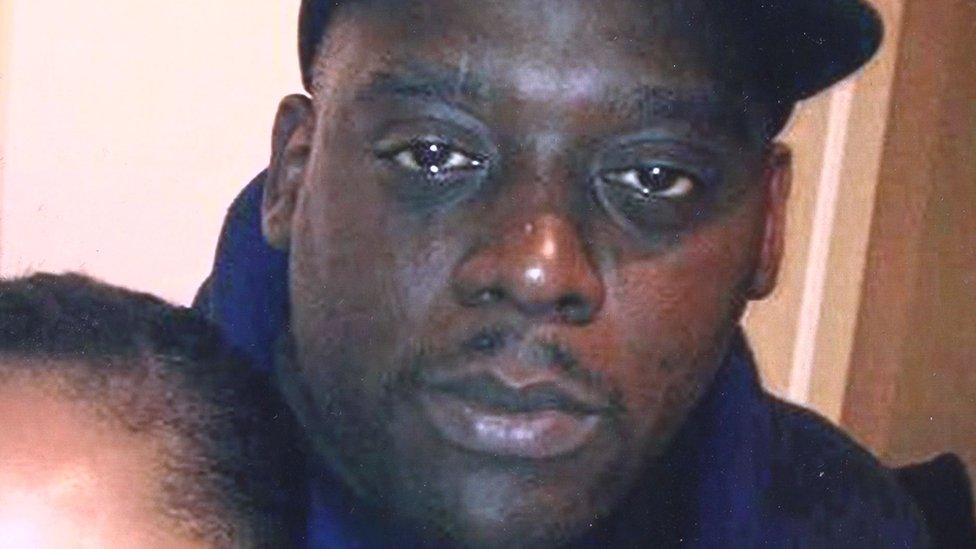
- Published10 September 2019

- Published14 June 2019
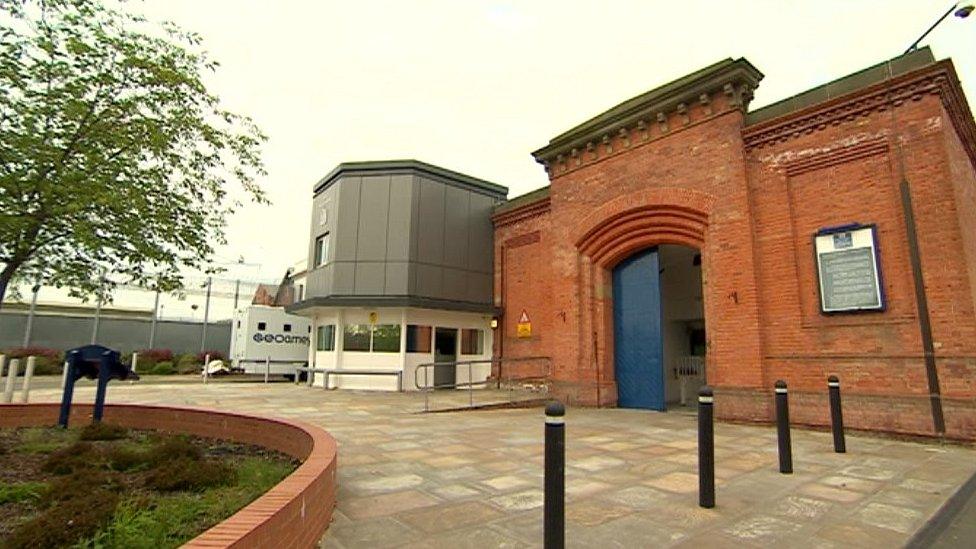
- Published12 February 2018

- Published14 August 2019
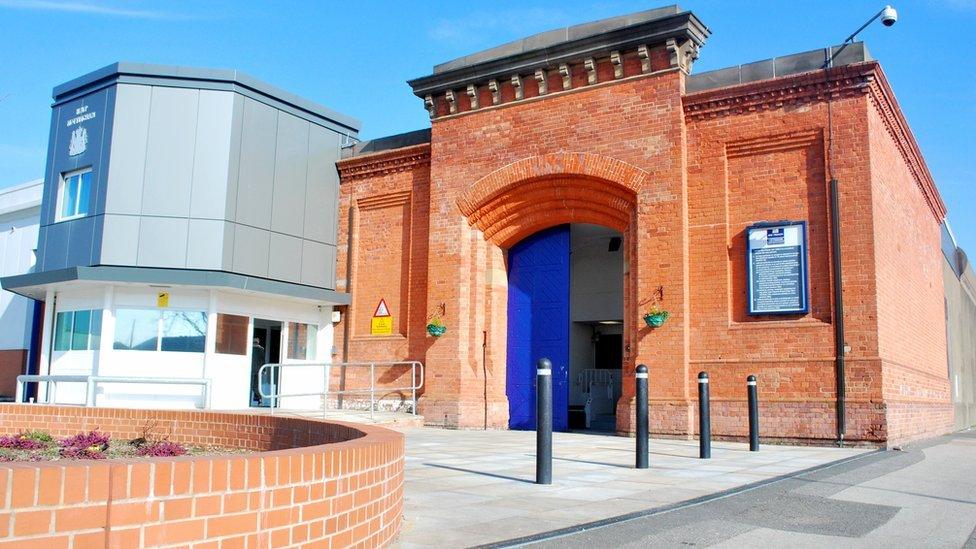
- Published24 January 2018

- Published19 January 2018
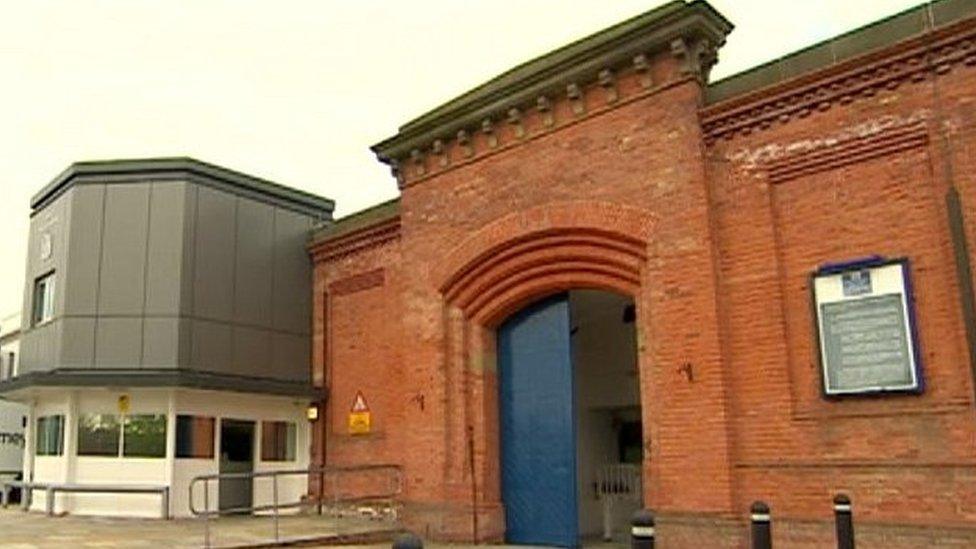
- Published18 October 2017

- Published13 October 2017
